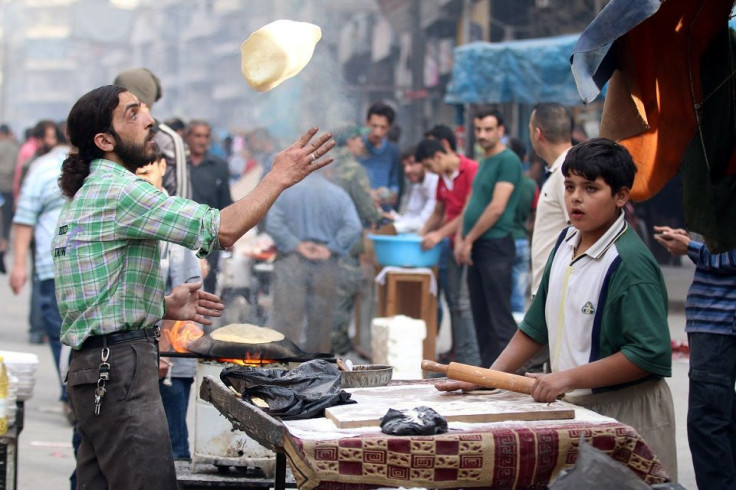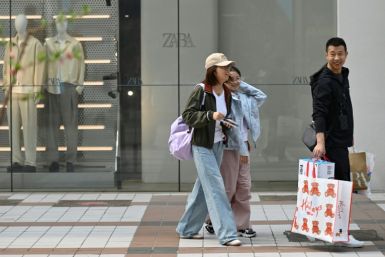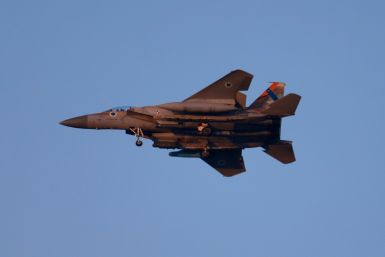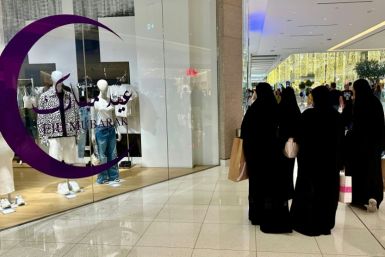World War III Update: 275,000 Aleppo residents at risk of death not from nuclear war but starvation

Although there has been a collective sigh of relief globally that the threat of World War III has been lessened following the apparent olive branch extended by Russian President Vladimir Putin to U.S. President-elect Donald Trump, the woes in Aleppo are far from over. Given the political situation, the threat of death from nuclear war or missile hit has been reduced, but there is a bigger and more imminent threat.
BBC reports that the 275,000 residents and rebels in Aleppo are at the risk of starving to death unless fresh food deliveries arrive next week. The UN is distributing the last remaining food rations in eastern districts of the war-torn Syrian city.
Jan Egeland, humanitarian adviser of UN, says it would be difficult to airdrop the food in densely populated urban areas like Aleppo. The last delivery made by humanitarian agencies was in July. Since the resumption of the Syrian government, aided by Russia, siege on the city in September, deliveries of aid were halted.
Amid the fast depletion of food rations, Egeland says food prices in the market are soaring. UN has received reports of families and communities becoming desperate over the situation. He describes the situation as horrendous since winter is approaching and having emergency relief delivered to Aleppo is critical to the survival of residents.
However, the New York Times reports that Russia rejected the UN’s plea. In a statement from Moscow, Maj Gen Igo Konashenkov, spokesman of the Russian Defense Ministry, says halting the siege would be “counterproductive and against common sense.” He adds the rebels in Aleppo would only take advantage of the halt in fighting while food deliveries are made to “better restore their battleworthiness.”
Putin gave the residents and rebels until Nov 4 to leave Aleppo through six corridors for civilians and two different corridors for militants. However, no one took the opportunity to leave even if staying behind has risks such as starvation because Aleppo residents fear more being ambushed by government forces if they use the corridors.






